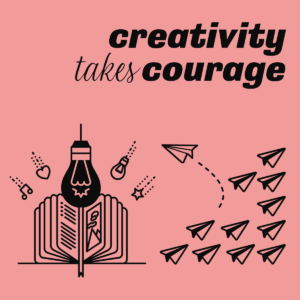In supremacy culture, those who belong to dominant classes have been indoctrinated into believing that if they feel insecure, they should perform acts of domination. In this culture, the only truly “secure” position is one of dominating others who are hierarchically below you. For example, a man may claim to feel unsafe when a woman, even if she is his boss, does not submit to him at work. Similarly, a cop might shoot an unarmed citizen and justify it by claiming to feel unsafe because the citizen had a pot of water. This dynamic takes place at a macro and micro level.
Supremacy Culture produces what we now call “Karen Performances”—acts of entitlement where an attempt to weaponize justice systems is used by those who want to exercise their power. Think about “Barbeque Becky,” the woman who called the police on a Black family reunion in the park when they did not show her their papers. This also brings to mind the “Permit Patty” performance, where an older white woman harassed a Black girl selling lemonade. The insecurity is triggered by a feeling of not being obeyed.
Some people feel unsafe even participating in a justice process. Under supremacy culture, the only outcomes of justice processes are more violence. These processes are not healing and often obfuscate what actually happened. We are taught not to trust each other and to feel insecure in our personal attachments. We learn that any justice system, even if it claims to be different, is harmful, and so we treat all justice processes accordingly.
This can result in people acting as if they do not have the safety to have their conflicts resolved in a reasonable manner. They might harbor secret feelings of harm because they fear a negative reaction. This fear is based on past trauma, but by acting as if they are unsafe, they fail to allow room to address problems. People may act as if their only tool is the public call-out before engaging in other conflict resolution processes. This can give the larger group the impression that there was no other recourse.
Organizing groups attempting to work with transformative justice are vulnerable to punitive justice feeding frenzies triggered by call-outs rooted in participants’ feelings of insecurity. This makes groups trying to live transformative justice values precarious. Any individual within these groups can claim insincerity if they do not get their way by the end of the process. They can claim after the fact that a consensus-based decision made in a room was actually a coercive performance of manipulation. If collaborators don’t trust each other, they cannot act cooperatively or make choices together. This lack of trust makes it impossible to unpack misunderstandings, negotiate conflicts, and truly unearth if harm or abuse is taking place.
Trying to enact organizing circles outside of punitive justice supremacy culture is hard. Many of us do not have experience in transformative justice or healthy conflict resolution. This takes practice, agency, and bravery. We need the courage to trust in the effectiveness of our transformative justice systems. Without this confidence, we risk manifesting the very outcomes we aim to avoid.

